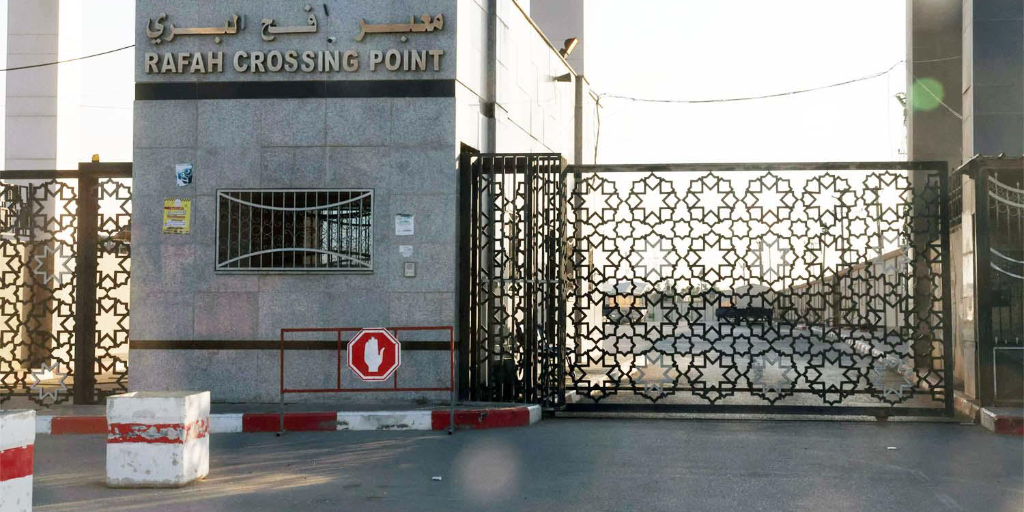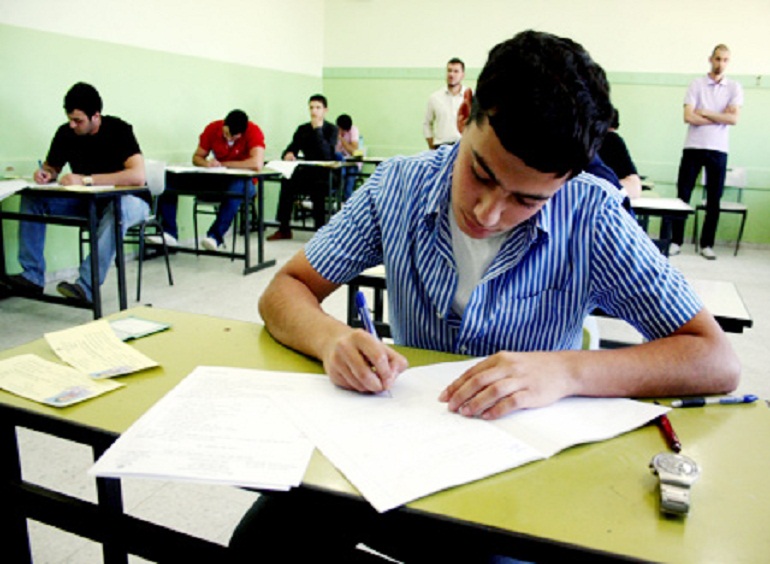What is Happening at Egypt’s Rafah Crossing?
Since announcing its “war on Hamas” on Saturday following what has been called “Operation Al-Aqsa Flood”, Israel has been relentlessly striking the Gaza Strip in retaliation.
A “complete siege” of the city by Israel is in full effect, leading to closed borders, and shut lines of power and water. Israel’s attacks, which place Gaza’s 2.3 million citizens at risk of death by starvation or shrapnel, has prompted the city’s residents to flee to the nearest escape.
In Gaza’s case, that escape is the Rafah crossing bordering Egypt’s Sinai Peninsula.
Egypt’s inevitable inclusion in the Israeli-Palestinian escalation, by nature of its proximity to the action, raises several questions over whether they will open the borders for Palestinians in Gaza to escape or not.
IN THE LINE OF FIRE?
Egypt had already attempted to provide medical aid and food to Gaza in response to Israeli airstrikes decimating the city.
Palestinian sources at the Rafah crossing informed Ahram Online that Egypt’s attempts to bring trucks with aid to the crossing was stopped by bombed roads on the Gaza side by Israel on 10 October.
Video footage of the trucks making a u-turn circulated on social media the same day, raising questions on whether Israel’s aggressive retaliation places any Egyptian or Palestinian presence near Rafah at risk.
Israel’s strikes on the Gaza side of the Rafah border crossing, the sole entry point between the city and Egypt, have made it impossible to deliver humanitarian aid.
IS THERE GROWING PRESSURE TO OPEN THE CROSSING?
Israeli Lieutenant-Colonel Richard Hecht, in an interview with Reuters on 9 October, advised citizens of Gaza to “get out” through the Rafah crossing.
Hecht backtracked on his statement a day after, stating that he had known that the crossing was open on 8 October, which prompted his recommendation, but is now closed.
With Israel’s missile onslaught persisting, there are growing expectations for Egypt to accept refugees.
The United State’s National Security Advisor Jake Sullivan confirmed in a press conference on 11 October that there is an ongoing dialogue between the US, Israel, and Egypt to find a solution over “finding a safe passage” for Palestinians.
COULD A REPEAT OF THE 2008 BREACH HAPPEN?
Al-Sisi’s statement reignited memories of the 2008 Rafah border breach, when a large number of Palestinians crossed into Egypt after Hamas blasted a hole into the border wall.
The current events raise concerns over maintaining Egypt’s border security as the forceful displacement of Gazans becomes more imminent.
Pressure is mounting on Egypt, both as a longstanding mediator and as a point of entry for refugees – as it had done with Sudan months prior. With ongoing economic struggles and a weakening currency, questions will be asked over the impact of the Israel-Palestine escalation on Egypt.
More prominent in Egypt’s calculation in 2008 as well as today, is a long-standing Arab concern since the 1948 war, which established the state of Israel at the cost of removing Palestinions from their villages and towns: Though Arab countries welcomed Palestinian refugees as a temporary solution, they found that the situation became permanent, providing Israel with more empty territory to expand on.
Traditionally, Egypt has often opened its borders for neighbouring nations experiencing displacement, despite the challenges involved – be it Palestine in 2008, Syria in 2012, or Sudan in 2023. Though given the context of land disputes, the situation of Palestinians is unique.
What is certain through the questions being raised is Egypt’s indispensability as a mediator in the deep-rooted conflict between the two sides, ensuring that Palestine’s sovereignty over its lands is never questioned.
Subscribe to the Egyptian Streets’ weekly newsletter! Catch up on the latest news, arts & culture headlines, exclusive features and more stories that matter, delivered straight to your inbox by clicking here.
Subscribe to our newsletter





















Discussion about this post